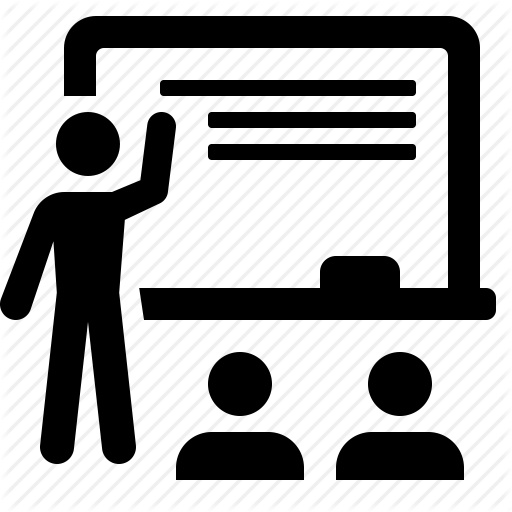- Contents
In March and April 2017, GeoPoll conducted two activities critical to enabling Kenyan youth (aged 18-35) gain the skills and support they need to compete and succeed in the workplace. Between March 28th and April 3rd, GeoPoll surveyed 623 training participant for the K-YES program’s first quarterly vocational training center assessment. In March, GeoPoll also conducted SMS surveys to more than 5,100 youth across five counties to better understand their access to loans.
The activities support the 2015-2020 USAID Kenya Youth Employment and Skills Program (K-YES) led by implementing partner RTI International. K-YES works across youth and the private sector to design and develop vocational training for increased competitiveness and better jobs. K-YES provides Kenyan youth with access to youth-friendly services—such as capacity building, information, and financial services—to enable them to make informed and empowered decisions about education and business investments.
In support of K-YES’s adaptive program management, GeoPoll surveyed more than 600 youth—301 women and 322 men—to understand their satisfaction with vocational training center services supported by the project. The majority of beneficiaries viewed the centers favorably; almost all (91 percent) reported to be either “very satisfied” or “satisfied” with the vocational trainings.
 Survey results also indicated that K-YES sponsored training centers are successful in improving youth technical and vocational skills. Almost half (49 percent) of self-employed respondents reported starting their own business immediately after K-YES training, while 86 percent of those with internships felt K-YES had provided them with the necessary internship skills. Moreover, 95 percent of those who had attended career counseling sessions and gender and disability awareness forums reported that they were either “very helpful” or “helpful.”
Survey results also indicated that K-YES sponsored training centers are successful in improving youth technical and vocational skills. Almost half (49 percent) of self-employed respondents reported starting their own business immediately after K-YES training, while 86 percent of those with internships felt K-YES had provided them with the necessary internship skills. Moreover, 95 percent of those who had attended career counseling sessions and gender and disability awareness forums reported that they were either “very helpful” or “helpful.”
GeoPoll also conducted SMS surveys with 5,132 youth beneficiaries—2,385 men and 2,747 women—residing in the counties of Bungoma, Garissa, Kericho, Kwale and Nairobi. Survey results found that 16 percent of respondents accessed a loan after attending K-YES training. Most youth who took out a loan (80 percent) did so for “business development” and almost all (92 percent) said they would be willing to take out another loan in the future. GeoPoll’s remote data collection tool identified valuable information about common loan institutions, loan values, challenges encountered to accessing loans, and suggestions on how K-YES can further improve loan access for youth.
GeoPoll leverages the mobile phone to rapidly and cost-effectively target youth in Kenya by conducting remote data collection and pushing out tailored information to relevant constituents. GeoPoll will continue to track the progress of K-YES beneficiaries over the life of project to understand changes in employment, identify skills learned, and measure impact as a result of project interventions. GeoPoll’s access to 8.5 million mobile subscribers in Kenya enables K-YES to collect information in real-time, facilitating adaptive program management.
